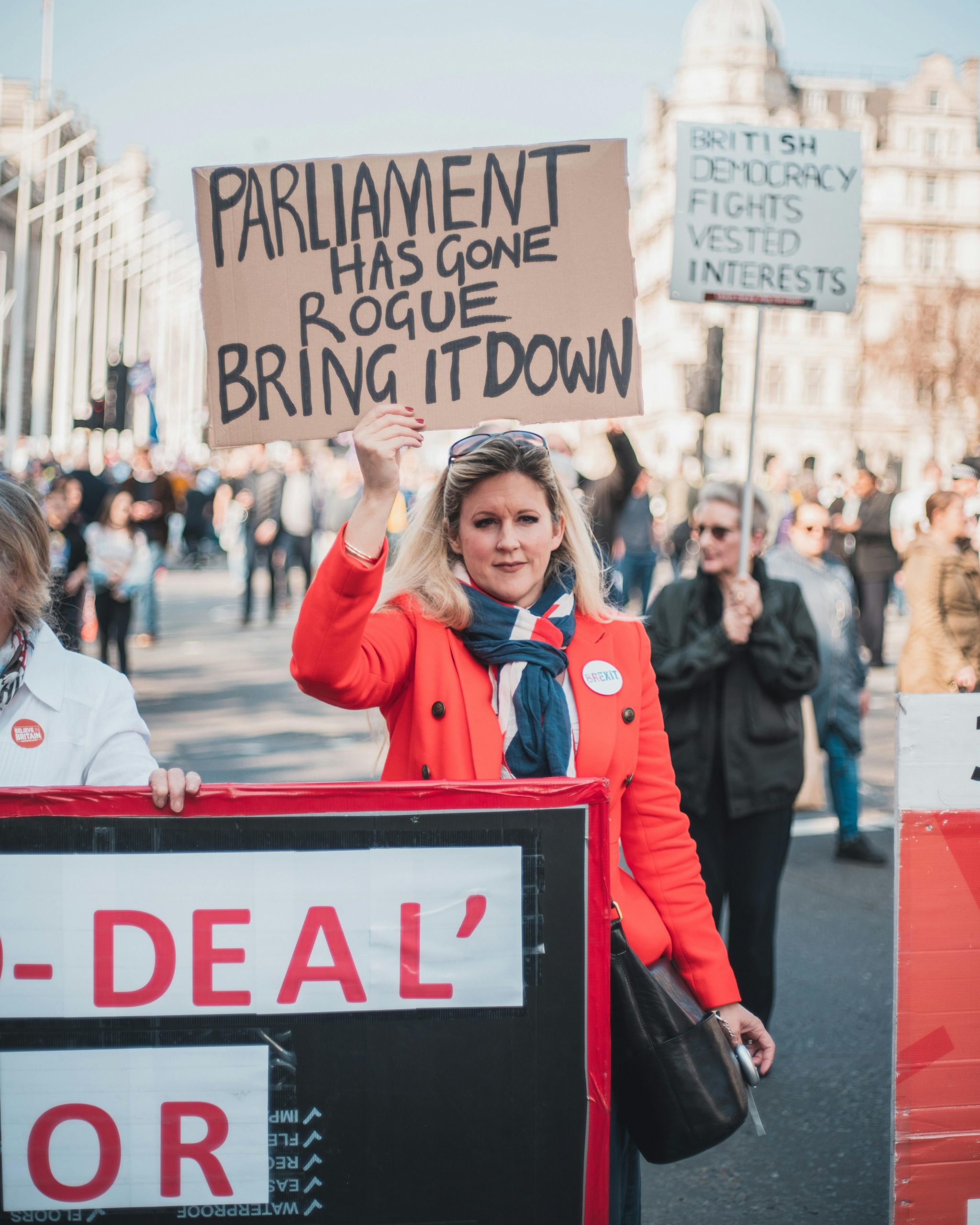Understanding the Urgency: Why Civic Action is Crucial for Our Democracy
In recent years, the health of our democratic institutions has come under intense scrutiny. Past mass mobilizations, such as the half-million-strong peaceful protest against Brexit in London in 2019, demonstrated the power of collective civic engagement. These gatherings fostered a sense of community and shared purpose, reminding us that unity can be a formidable force for change—even when opinions differ on specific issues.
Today, however, concerns about the direction of our government have intensified. Recent scandals at 10 Downing Street have exposed alarming levels of misconduct and a lack of accountability at the highest levels of leadership. The situation is further exacerbated by ongoing challenges within essential public services, including the police and the National Health Service, which are struggling to serve the public effectively. These issues have led many to question the integrity of our democratic processes and the accountability of those in power.
Given this context, some citizens feel compelled to explore options beyond traditional voting—options such as organized public demonstrations. While skepticism about the impact of protests is understandable, their value should not be underestimated. Peaceful marches and rallies serve as vital expressions of democratic rights, providing a platform for citizens to voice dissatisfaction, advocate for change, and foster hope amidst adversity. They remind us that we are not powerless and that collective action can lend strength to our convictions.
The purpose of initiating conversations about civic protest is to gather ideas, resources, and strategies for organizing effective demonstrations. Questions such as how to coordinate logistics, gain public traction, utilize digital platforms, and secure funding are critical to the success of any collective action. While definitive answers may not yet be on the table, the willingness to explore and support these efforts represents a meaningful step toward civic engagement.
If you share concerns about the state of our democracy and believe in the power of organized, peaceful protest, consider joining the dialogue. Collaboration and shared effort can transform individual discontent into a compelling movement for change. Remember, maintaining respect for non-violent principles is essential to uphold the moral integrity of any demonstration.
Let us acknowledge that while challenges are significant, our collective voice remains a potent tool. Together, we can advocate for accountability, transparency, and a government that truly serves the public interest. Your ideas, participation, and dedication can help shape a future where democracy is resilient and responsive to the needs of all citizens.
Note: As we discuss avenues for civic action, it is important to emphasize the importance of peaceful and lawful

